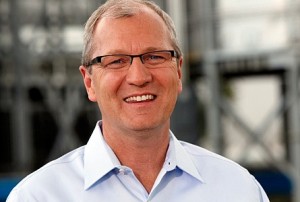 WASHINGTON, D.C. – Congressman Kevin Cramer Office issued the following statement Thursday after the Trump Administration granted a federal permit authorization for the construction of the Keystone XL pipeline:
WASHINGTON, D.C. – Congressman Kevin Cramer Office issued the following statement Thursday after the Trump Administration granted a federal permit authorization for the construction of the Keystone XL pipeline:
Click Here to Download High Resolution Video Statement
“The Keystone XL Pipeline is a very important piece of national security infrastructure as well as economic and energy infrastructure. The jobs it creates and the construction of it. The jobs it creates and maintains – good paying jobs in the United States refining that oil. It displaces oil from hostile countries with oil from our friendliest, longest neighbor in Canada, and restores parts of that relationship that have been frayed over the past several years. This is further evidence that Donald Trump is a man of action, not just rhetoric. That he has at his core – it is his highest priority – job and wealth creation for Americans. This is another American First infrastructure project. I’m grateful to him for his quick action. I was really pleased to get the call yesterday from the White House that he was approving it, and I look forward to working with him on many more of these types of infrastructure projects – to create jobs for United States and for North Dakota.”
Since entering Congress in 2013, Cramer has been a leading advocate for the approval of the Keystone XL pipeline. In the 114th Congress, Congressman Cramer introduced H.R. 3, the Keystone XL Pipeline Act, which passed Congress, but was vetoed by President Obama. While serving as a North Dakota Public Service Commissioner, Cramer sited the original Keystone Pipeline through North Dakota.
Members of North Dakota’s congressional delegation say they support the Trump administration’s approval of the Keystone XL oil pipeline.
Republican Sen. John Hoeven and Rep. Kevin Cramer and Democratic Sen. Heidi Heitkamp all say the pipeline is a step toward bolstering the country’s energy infrastructure.
Keystone XL is to move crude from Alberta, Canada, across Montana and South Dakota to Nebraska, where it would connect with existing pipelines feeding refineries along the Gulf Coast. It won’t pass through North Dakota, but it could carry some North Dakota oil.
Opponents fear it could contaminate water supplies and contribute to pollution.
















Comments are closed
Sorry, but you cannot leave a comment for this post.